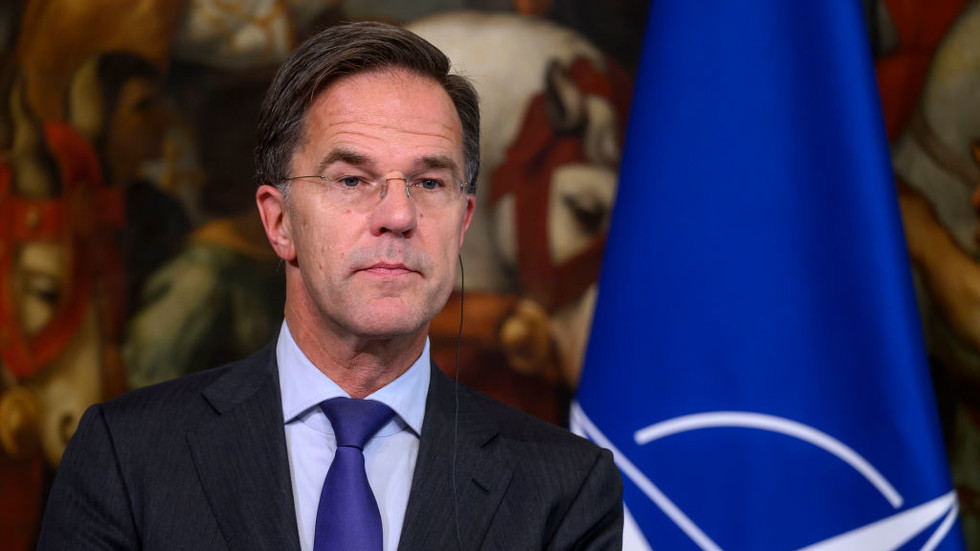In a recent statement, Mark Rutte, the Secretary-General of NATO, asserted that European nations must significantly increase military spending, aligning with the views expressed by U.S. President-elect Donald Trump. Rutte endorsed Trump’s demand that NATO members exceed the established guideline of 2% of their GDP on defense funding, indicating that the bloc’s financial commitment to defense will likely surpass this benchmark in the near future. With the backdrop of heightened security concerns from countries like Russia, Iran, and North Korea, Rutte emphasized that the current geopolitical climate necessitates a robust increase in military expenditure.
The discussion around defense spending gains urgency in light of Trump’s presidency, as he had consistently pressured European allies during his previous term to fulfill their financial obligations to NATO. Since the guideline was introduced in 2014, the percentage of member states meeting the 2% threshold has risen from just three to 23 out of 31. Trump’s critical stance on NATO funding, which he articulated during his election campaign and presidency, reflects a broader concern regarding equitable defense contributions among alliance members. This call for financial accountability raises questions about America’s willingness to defend members that do not meet the defense spending expectations.
Rutte pointedly acknowledged that merely adhering to the 2% guideline would not suffice. He emphasized that substantial spending beyond this figure is essential for collective security. His plan includes engaging Trump in dialogue about these critical security threats and exploring collaborative strategies to address them. Rutte is eager to convince Trump of the legitimacy of these threats, emphasizing the need for a united front among member states to tackle formidable adversaries that could compromise regional and global stability.
During Trump’s campaign, skepticism about his commitment to NATO grew among European officials, with concerns that he may abandon the alliance if allies fail to step up in their financial contributions. Trump has frequently reiterated his belief that America’s allies should share the financial burden of international defense, framing it as crucial for maintaining a balanced and effective military coalition. His statements reflect a broader approach to international relations that prioritizes American interests while urging partners to take on greater responsibility.
Moreover, Trump’s history of blunt rhetoric surrounding defense spending has had a paradoxical effect — while it has instigated anxiety among European leaders, it has also spurred NATO countries to enhance their military budgets. The prospect of a continued hardline stance from Trump has pushed member states to reevaluate their defense investments, leading to more substantial commitments in line with NATO guidelines. Rutte’s acknowledgment of Trump’s position indicates a potential shift in NATO’s funding landscape, with a focus on preparedness against emerging threats.
In conclusion, the conversation initiated by Rutte regarding increased military expenditure highlights the complexities within NATO as it navigates the evolving geopolitical landscape under Trump’s renewed presidency. The alliance’s ability to adapt to external threats while addressing internal financial imbalances will be crucial for its long-term viability. As member states grapple with rising defense needs, the call for increased spending signifies an important step toward securing collective security in a world marked by uncertainty and potential conflict.

